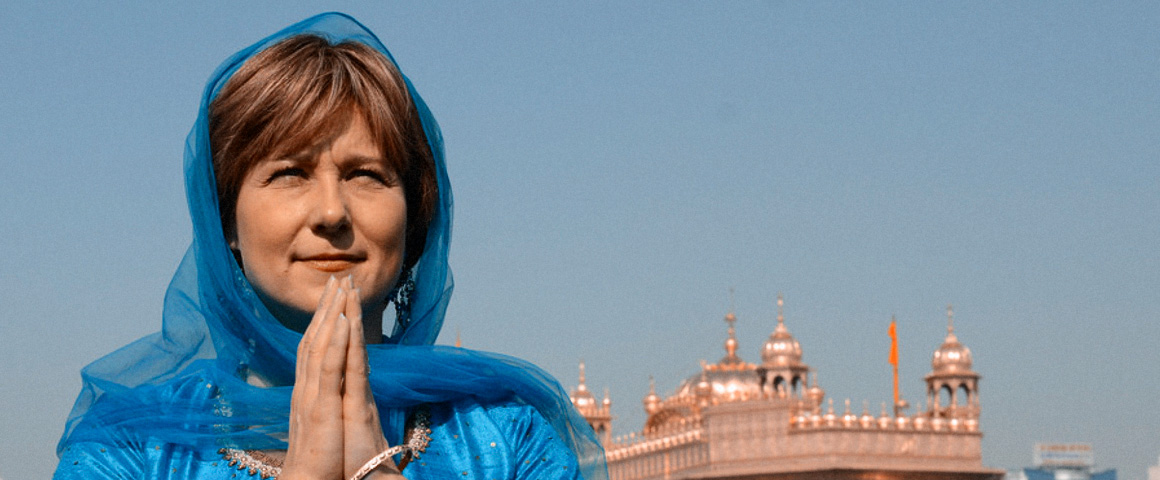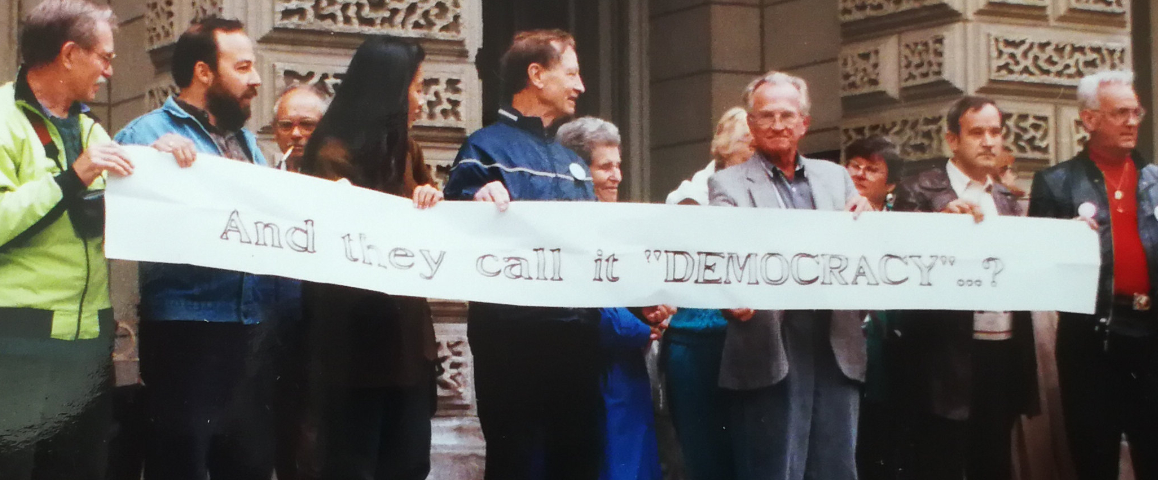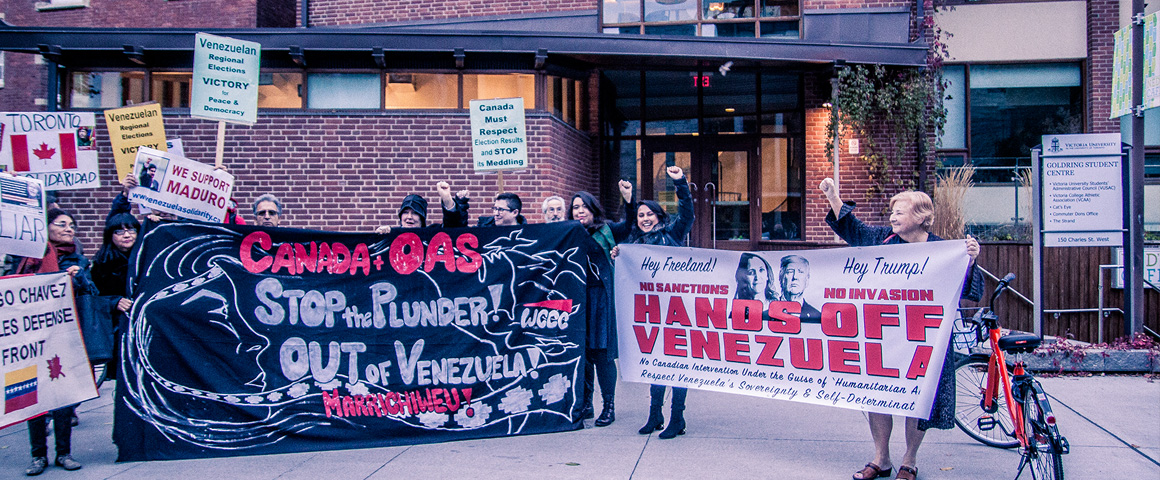British Columbians go to the polls next May 9, but Liberal Premier Christy Clark is making campaign announcements to refurbish her tarnished “family-friendly” image. The minimum wage has been hiked a few cents, some (completely inadequate) funds have been earmarked for housing and education, and after a decade of foot-dragging, the Liberals have finally added gender identity and expression protections to the Human Rights Code. Given the reluctance of the opposition New Democrats to put forward a strong progressive platform, Clark could pull off another comeback, as she did in 2013.
But the Premier’s claims about a “strong economy” must be exposed. Upper-income earners, real estate developers and corporations have benefitted from the whopping tax cuts implemented by former premier Gordon Campbell, costing the provincial treasury a staggering $2.5 billion per year. But most British Columbians face a very different reality.
While B.C.’s gross domestic product is projected to grow by 2.9% in 2016, well above the Canadian average of 1.2%, related job growth is mainly part-time work. Statistics Canada figures show the average pay for new jobs is $19.30 an hour, below the Canadian average of $19.95, putting the province sixth out of 10. Weekly wages keep dropping in B.C., while the consumer price index goes up faster than the Canadian average, due to skyrocketing housing costs. The welfare case load is rising, as more employable workers can’t find jobs, and 53 per cent of British Columbians would have trouble paying their bills if they missed a single paycheque. Despite the small increase in the minimum wage, one out of four workers in B.C. earns less than $15 an hour.
Under the B.C. Liberals, a “strong economy” means mega-profits for the rich and the corporations, but poverty, precarious employment and high housing costs for working people.




